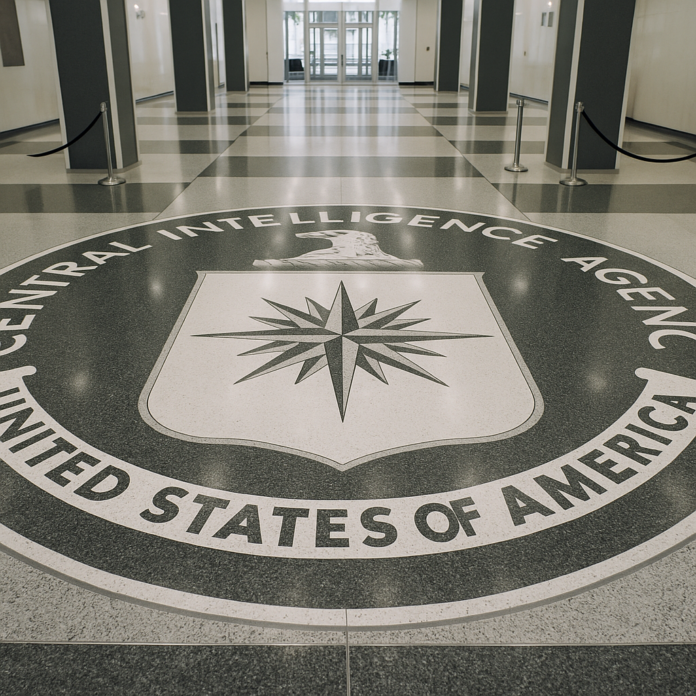
President Donald Trump publicly stated that he has given the Central Intelligence Agency approval to conduct covert operations in Venezuela, an unusual admission for a sitting U.S. president. The comment came as the U.S. military continues strikes on boats in the Caribbean that officials claim are tied to drug trafficking from the South American nation.
During remarks at the White House, Trump said the decision stemmed from two concerns: the alleged release of Venezuelan prisoners into the United States and the flow of narcotics by sea. He also mentioned that his administration is evaluating possible land-based operations but would not clarify whether these might target Venezuelan President Nicolás Maduro or government installations.
The statement followed reports by major outlets that the CIA had received formal authorization—known as a presidential finding—to expand its activities in the region. Such findings allow the agency to pursue covert missions if the president determines they advance U.S. foreign policy and national security interests. Congress must be notified of these operations through intelligence committees, though approval is not required.
Security analysts say the directive could range from information-gathering and cyber disruption to the training or arming of local actors opposed to Maduro’s rule. Previous authorizations of this kind have led to U.S. involvement in conflicts from Afghanistan to Nicaragua, often shaping the course of regional politics for decades.
Maduro denounced the announcement during a televised meeting of Venezuela’s National Council for Sovereignty and Peace. He accused Washington of reviving Cold War-era tactics and cited the CIA’s involvement in past coups across Latin America. Speaking partly in English, he appealed directly to Americans, urging “not war, yes peace.” Venezuela’s Foreign Ministry later issued a statement describing Trump’s comments as a breach of international law and calling for global condemnation.
Members of Congress from both parties have criticized the administration for taking actions that could draw the U.S. into another foreign confrontation without formal authorization. Senator Jeanne Shaheen, a senior Democrat on the Senate Foreign Relations Committee, said the lack of transparency about lethal strikes on suspected smuggling boats and the possibility of CIA ground activity in Venezuela demands oversight. Lawmakers have also requested proof that the targeted vessels were carrying narcotics, saying the administration has only released brief video clips rather than verifiable evidence.
The Trump administration recently designated drug cartels as unlawful combatants, framing the campaign as an armed conflict aimed at disrupting trafficking networks. Human rights observers have warned that this shift blurs the line between law enforcement and warfare, raising questions about accountability for civilian deaths at sea.
When asked why traditional interdiction efforts were not sufficient, Trump replied that decades of Coast Guard seizures had not solved the problem, claiming traffickers “have faster boats” but that “missiles are faster.”
As diplomatic contact between Washington and Caracas remains frozen, the president’s disclosure has intensified debate over how far U.S. policy should go in confronting the Maduro government—and whether making covert operations public will complicate America’s strategy in the region.
This image is the property of The New Dispatch LLC and is not licenseable for external use without explicit written permission.